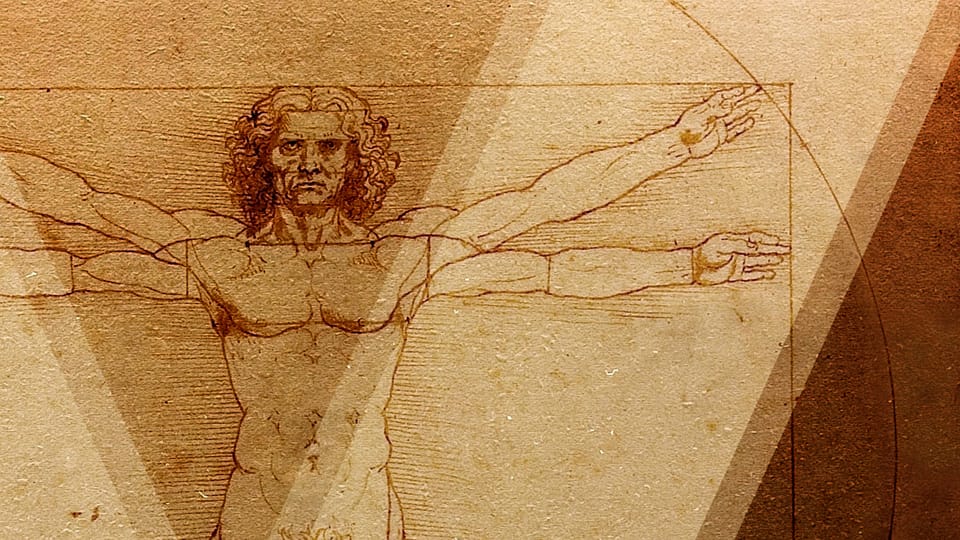Mind and Body: A Symbiotic Relationship

We all intuitively grasp the importance of physical health. We're bombarded with messages about eating right, exercising regularly, and getting enough sleep on the daily. We understand the need to mend a broken bone, treat an illness, or rest when we're feeling under the weather. It's ingrained in us from a very young age. But what about our minds? They're equally susceptible to injury, stress, and fatigue, yet we often treat them as an afterthought. This disconnect between physical and mental well-being is something I've witnessed firsthand, particularly within my own family. Seeing loved ones struggle with both physical and mental health challenges has profoundly shaped my perspective, inspiring me to explore the intricate connection between the two and share my insights.
I consider myself a relatively healthy individual, but I'm a firm believer in continuous improvement. Just as a muscle gets stronger with exercise, our minds and bodies require consistent care and attention. I find joy and balance in a variety of physical activities. The focused intensity of MMA and Taekwondo not only challenges me physically but also cultivates discipline and mental fortitude. Ultra running, pushing my body to its limits across vast distances, teaches me resilience and the power of mental endurance. Even playing the drums, a seemingly creative pursuit, provides a surprising forearm workout and a rhythmic release. And let's not forget the simple satisfaction of housework – the physical activity coupled with the tangible result of a clean and organized space is surprisingly rewarding.

However, physical activity is only one piece of the puzzle. Mental well-being is equally, if not more, crucial. It's not just about the absence of mental illness; it's about actively nurturing our minds and cultivating mental resilience. For me, this involves a combination of activities that challenge my intellect, provide emotional release, and foster self-awareness.
Chess and Go (as I mention in my previous article) , with their complex strategies and intricate patterns, are more than just games; they're mental workouts that sharpen my strategic thinking and problem-solving skills. Journaling provides a cathartic outlet for my thoughts and emotions. Putting pen to paper (or fingers to keyboard) allows me to process experiences, identify patterns, and gain a deeper understanding of myself. Meditation, while challenging for someone as easily distracted as I am, has become an essential practice. Disconnecting from technology and simply sitting with my own thoughts, even for just 30 minutes, helps clear the mental clutter and improve my focus. And finally, open and honest communication, particularly with my partner, is vital. Our weekly "Saturday discussions" or yearly "Strategy Summits" provide a safe space to share our thoughts, feelings, and concerns, strengthening our connection and fostering mutual support.
I always liked the analogy of a physical injury in the perspective of mental health. We understand the need to rest a broken bone, to allow it time to heal. We understand the importance of rehabilitation and physical therapy to regain strength and mobility. Yet, when it comes to mental and emotional injuries, we often expect ourselves to simply "bounce back" without giving ourselves the necessary time and space to heal. A traumatic event, a period of intense stress, or even everyday emotional challenges can take a toll on our mental well-being. Just as a physical injury requires rest and care, so too does our mental and emotional state. Ignoring these needs can lead to further damage, manifesting as anxiety, depression, burnout, aggression, or other mental health issues.

"Healthy," to me, is a holistic concept. It's not about achieving some unattainable ideal of physical perfection or mental flawlessness. It's about striving for balance, recognizing the interconnectedness of mind and body, and prioritizing both. It's about understanding that mental health is not a luxury, but a fundamental human need. It's about recognizing the signs and symptoms of mental health challenges and seeking help when needed. It's about building resilience, developing coping mechanisms, and cultivating self-compassion. It's an ongoing journey, a continuous process of learning, growing, and adapting.
Here are some additional resources that provide valuable information and support for maintaining physical and mental well-being:
- National Institute of Mental Health (NIMH): https://www.nimh.nih.gov/health/topics/index.shtml
- MentalHealth.gov: https://www.mentalhealth.gov/
- The Importance of Mental Health for Physical Health: https://www.ncbi.nlm.nih.gov/pmc/articles/PMC2958446/
- Physical Activity Guidelines for Americans: https://health.gov/physical-activity/guidelines
Let's break the stigma surrounding mental health and start a conversation. What steps are you taking to prioritize your mental and physical well-being? Share your thoughts in the comments below!



![[Book Summary] Atomic Habits: Building Habits That Stick](/content/images/size/w750/2025/03/atomic-habits-dots.png)

Comments ()